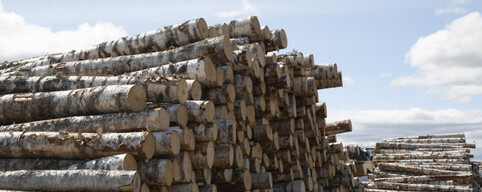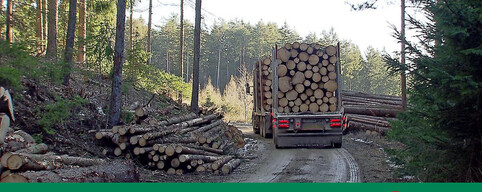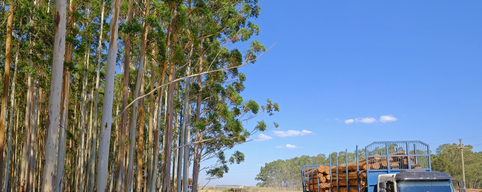

The European Union has imposed comprehensive sanctions on Russia in response to the conflict in Ukraine, focusing on fossil fuels such as oil and natural gas, as well as other economic sectors. These measures are intended to severely restrict Russia's financial revenues from the sale of its most valuable resources, thereby exerting economic pressure.
Although the sanctions are aimed at limiting the flow of trade between the EU and Russia, Russia continues to export timber and timber products to the EU. According to reports, Russian products are still finding their way into European markets, including large retail chains in Germany. This presence raises the question of how Russia is circumventing the existing trade restrictions.
Before the conflict broke out, Russia was one of the EU's largest suppliers of timber. The export of timber products still represents a multi-billion-dollar business for the country, which, despite the sanctions, contributes not insignificantly to the Russian economy. In fact, timber exports have become an important part of Russia's economic strategy. Is the country circumventing the official trade barriers by possibly using alternative routes or third countries to get its products into the EU after all?
Research by environmental protection organizations is casting a critical light on the way these sanctions are being circumvented. Analyses by such organizations, including the WWF, have found that large quantities of Russian timber products are still in circulation in Europe. This casts doubt on the effectiveness of the sanctions and poses a challenge to the EU authorities, who are working to detect and close such loopholes.
The economic impact of Russian timber exports should not be underestimated. Despite successful restrictions in other sectors, the Russian economy is struggling with high inflation and other economic problems. However, the revenues from timber exports mitigate these effects, although not enough to cushion all of the country's economic challenges. However, the continued flow of export earnings from the timber sector highlights the limitations of the current sanctions and emphasizes the need for stronger EU monitoring and regulation.
All in all, the question remains as to how effective the EU sanctions are in their current form, especially when billions in Russian timber revenues continue to cross the EU's eastern border unhindered.



